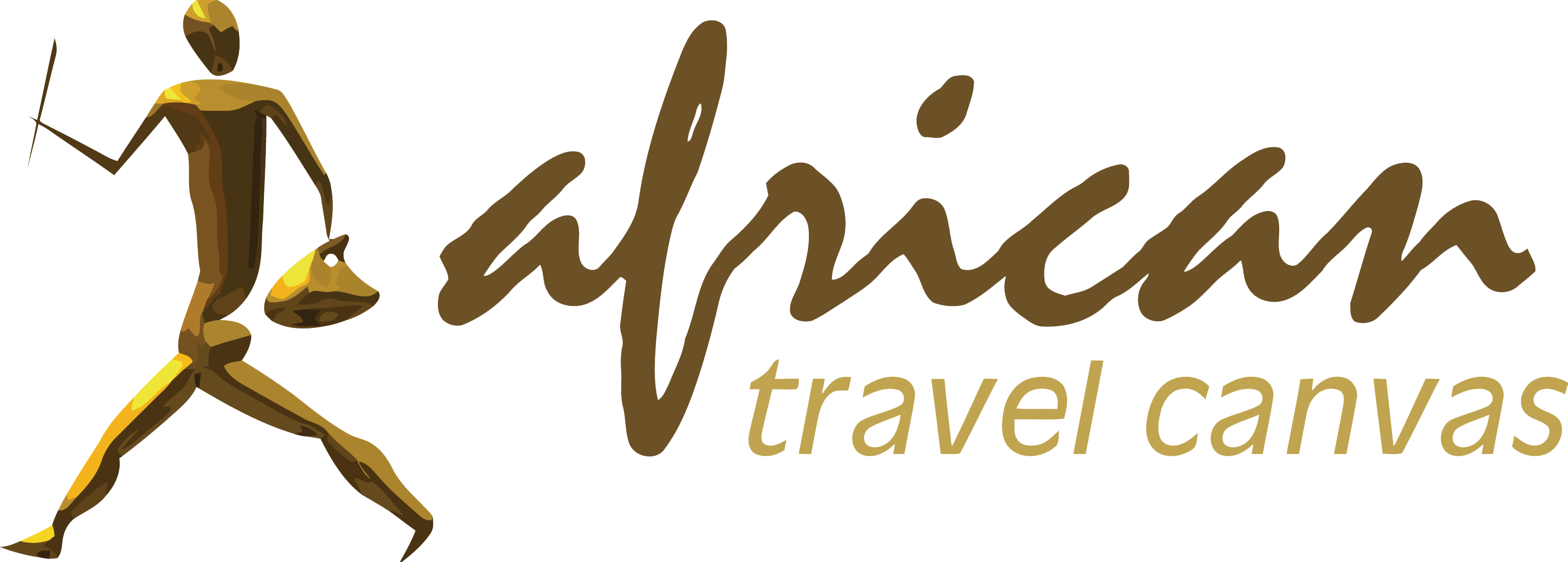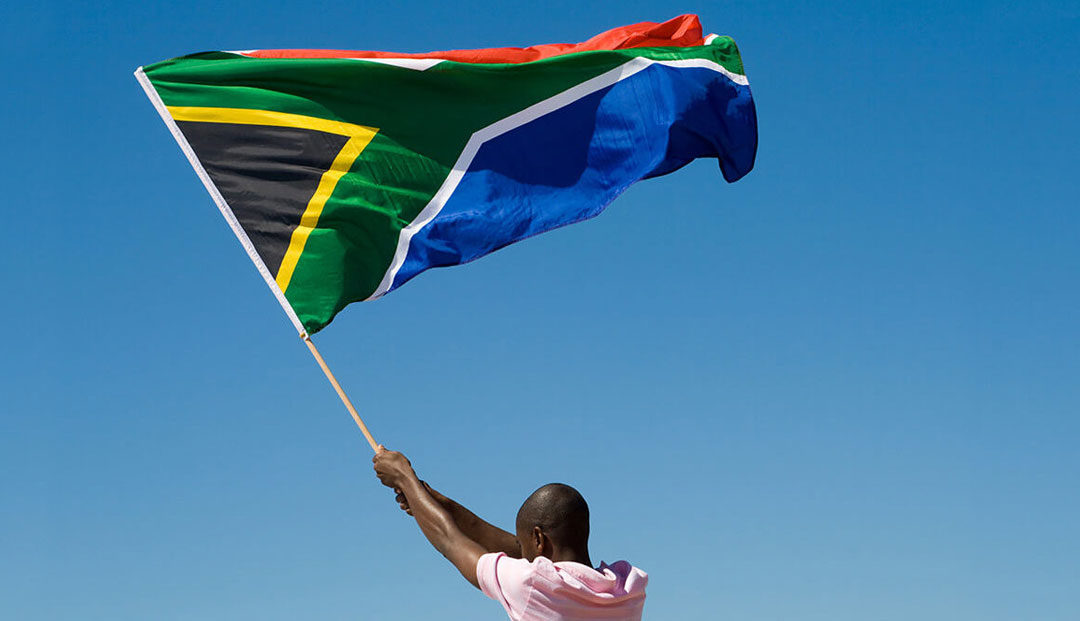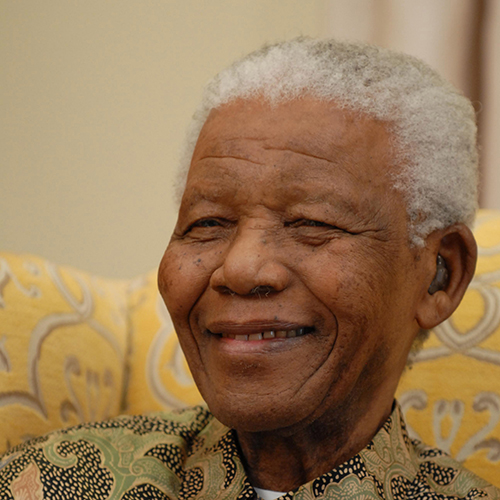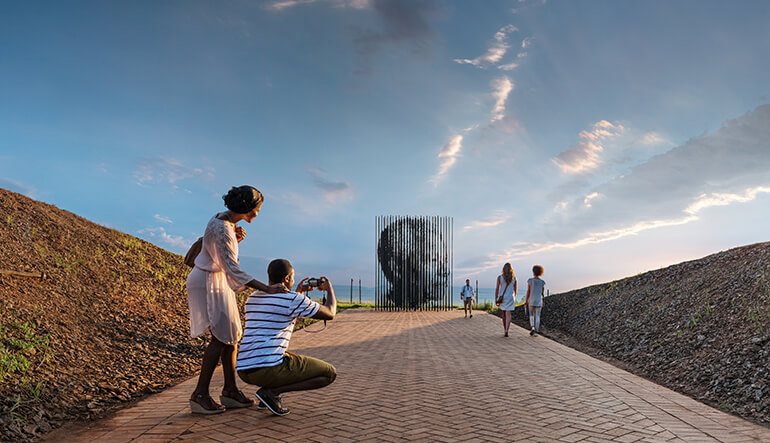First published 24 April 2017. Updated 08 March 2021.
The 27th of April marks Freedom Day in South Africa. Freedom Day is a public holiday in South Africa and is the celebration and commemoration of the long struggle for democracy in the country.
Here’s everything that you need to know about why we celebrate Freedom Day in South Africa, the history behind the day and how you can celebrate the holiday.
Why do we celebrate Freedom Day in South Africa?
Freedom Day is a day of respect and commemoration. Celebrated on the 27th of April each year, Freedom Day honours the anniversary of South Africa’s first non-racial election of 1994 and pays homage to the country’s liberation from Apartheid rule, where the minority exercised prejudice political power over the majority of the country.
Carry on reading to learn more.
The History of Freedom Day
Freedom Day is celebrated annually on the 27th of April in honour of the auspicious day in 1994 when the first non-racial election was held in the country. South Africa celebrates Freedom Day to mark the liberation of our country and its people from 300 years of colonialism, White minority domination, politically enforced prejudice and Apartheid.
Apartheid was officially implemented in South Africa in 1948; however, colonialism and oppression of the African majority had plagued various countries throughout the African continent since as early as the 1600s.
Under the brutal Apartheid rule, indigenous people of colour in South Africa were denied the right to vote and hence did not have a say in the political governing and running of the country. During Apartheid, the majority of South Africans were excluded from any form of political power or influence.
Freedom Day honours those who fought for our country’s liberation, and the many men and women who suffered through incarceration, bannings and torture on behalf of the oppressed during Apartheid.
The First Democratic Election of 1994
On Wednesday, 27 April 1994, the nation cast its vote in the first democratic election. For the first time, all races in the country were allowed to vote for a government of their choice. Nineteen political parties participated in the non-racial election, and 19.7 million people across the country voted.
The African National Congress (ANC) won the election with 62.65% of the vote, and the party’s frontman, the revered Nelson Mandela became the first black president of the country on the 10th of May. Contrary to fears of political violence, the election took place in a festive and celebratory atmosphere.
If you want to learn more about Nelson Mandela’s incarceration on Robben Island, where he spent 18 of his 27 year-long sentence, read more about our Robben Island Museum Tour.
5 Facts About Freedom Day in South Africa
Here’s a few interesting facts about Freedom Day in South Africa:
- The 1994 elections were the first non-racial elections in South Africa, where everyone over the age of 18 from any race was allowed to vote, including foreign citizens permanently resident in South Africa.
- The ANC won the 1994 election with 62.65 % of the vote. This was followed by the National Party (NP) with 20.39 %, Inkatha Freedom Party (IFP) with 10.54 %, Freedom Front (FF) with 2.2 %, Democratic Party (DP) with 1.7 %, Pan Africanist Congress (PAC) with 1.2 % and the African Christian Democratic Party (ACDP) with 0.5 %.
- Freedom Day was first celebrated in South Africa in 1995 and has since been celebrated annually on 27 April, honoring the day that changed the nation.
- Freedom Day is part of the twelve public holidays in South Africa.
- UnFreedom Day is an unofficial annual event coinciding with Freedom Day on 27 April. Started in 2005 by Abahlali baseMjondolo in Durban, the aim of the day is to demonstrate how the poor are still not free in South Africa as well as to celebrate the growing strength of the movement’s struggle.
Ways to celebrate Freedom Day in South Africa
Celebrating Freedom Day in South Africa is all about commemorating the country’s history and the start of democracy. A great way to celebrate this day is by doing something that reminds you of the struggle that many South African’s fought to get to that important day in 1994.
Here are few ways that you can honour the struggle to democracy in South Africa:
- Visit Robben Island: The island off the coast of Cape Town that is famed for its detention of many political prisoners during the anti-apartheid struggle, including Nelson Mandela.
- Visit Iziko Museums: Iziko Museums of South Africa offer free entry to selected museums on certain commemorative days, including Freedom Day. There are various museums across the country.
- Visit the Apartheid Museum and Soweto: Discover the history of the iconic township of Soweto along with a visit to the Apartheid Museum in Johannesburg. Note that the Apartheid Museum is currently closed due to COVID-19, keep an eye out for their reopening.
- Visit the Nelson Mandela Capture site: Located just outside Howick, this site is an interactive area where you can walk through the journey of Nelson Mandela as well as see the iconic sculpture of Madiba’s face.
- Read one of the many books about South Africa’s history, including Nelson Mandela’s autobiography, A Long Walk to Freedom.
To take it further, you can walk in the footsteps of Nelson Mandela in a 13-day tour of South Africa.
Walk in the Footsteps of Nelson Mandela
Discover the inspiring story of global icon, Nobel Peace Prize winner, freedom fighter and the late former president of South Africa, Nelson Mandela on a comprehensive 13-day tour that takes travellers through an inspiring journey of Tata Madiba’s life.
Learn about Madiba’s childhood, his law career, Umkhonto weSizwe, his arrest and release. Discover how one man’s unwavering dedication to a democratic South Africa led an entire nation to live in a new state of liberation.
Beginning in Johannesburg and ending in Cape Town, the Footsteps of Nelson Mandela Tour takes guests across South Africa to visit various historical museums, monuments and significant points of interest that are relevant to Mandela’s life. At each point, travellers will gain a deeper understanding of South Africa’s struggle and the inspiring story of Tata Madiba’s fight for freedom.
Freedom Day is a special day for all South Africans to reflect on the painful struggles we’ve overcome as a country, as well as to honour the students, teachers, political leaders and everyday people who lost their lives in the fight for a democratic South Africa.
If you have any questions about Freedom Day or the Footsteps of Nelson Mandela Tour, feel free to share them in the comments section below. We love receiving your feedback.
Read about the other important public holidays in South Africa:
- Learn about Human Rights Day and why we celebrate it on March 21
- Learn the story of the Soweto Uprising and why we celebrate Youth Day on 16 June
- Learn about the Union Building protests and why we celebrate Women’s Day on August 9th
- Learn about National Heritage Day
- While not a public holiday, here’s how you can celebrate Mandela Day on 18 July





I would have loved to be able to download this information for educational purposes.
Correction in my name: Moira Wentzel instead of Moiran Wentzel. My apologies for the typo.
How old are you
Yes
What transpired freedom day
It was the instigation of the end of apartheid
i did enjoy